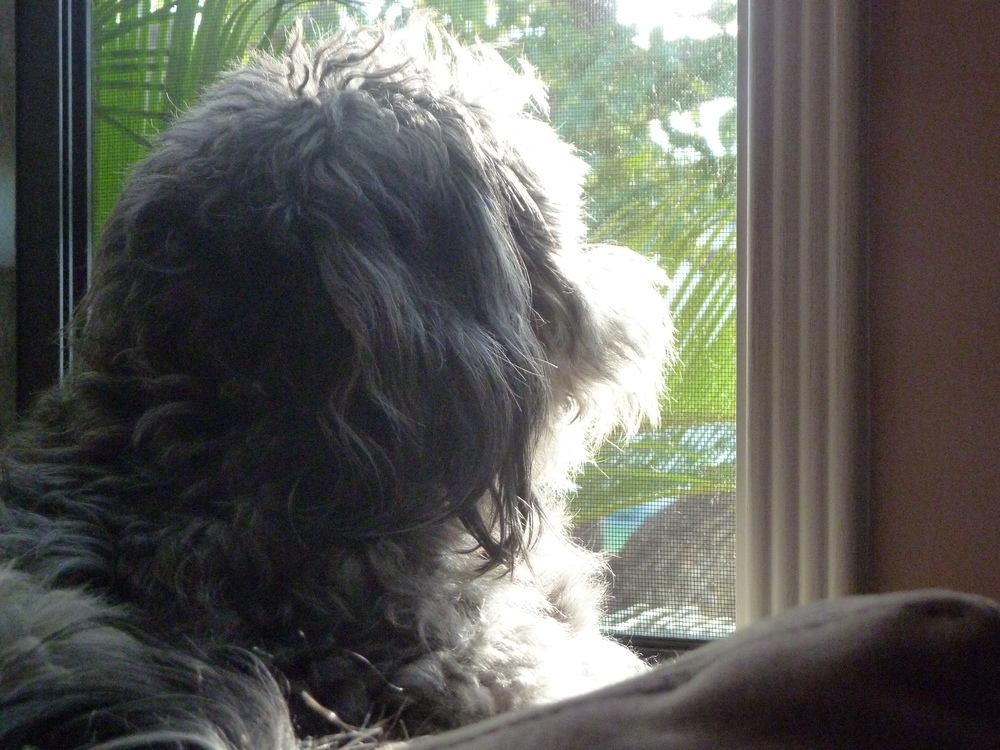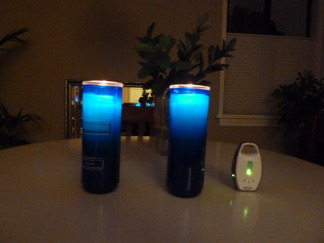a good day and a goodbye
/Sunday was Father’s Day—our first with Ben and Ellie, our third without Gus and Zoey. And even though we will always have two more Father’s Days and Mother’s Days without Zoey and Gus than we will with Ben and Ellie, it was alright. It was good. It was a day for going to the farmer’s market and the gym and the movies to see two of my favorites on the big screen. Yes, it was a good day.
Sunday completed a trilogy of Father’s Days: the first was raw, last year’s was fraught, and this one was normal at last—or at least as normal as circumstances allowed. Sometimes, moving through grief seems like like a Zeno’s Paradox of getting better: you heal by half, and then by another half, and then by half again… until the distance between you and wholeness is imperceptible, but still there. Or still there, but imperceptible, depending on where you want to put your emphasis.
On Sunday, M. asked me if I had been thinking of Zoey and Gus. I had, of course—as much, and in the same way, as I do every other day. It was not until the next morning, while taking the dog for his morning walk, that I thought of them with a more acute sadness. Maybe it was because I missed them. Maybe it was because I thought I should have missed them more.
---
My first post for Glow was last Father’s Day. It struck me as fitting then, that this brief one, a year later, should be my last. At least for a while.
This decision to step aside is one of the hardest I have made in recent memory. Since I last posted, I managed to return to the book I have needed to (re)write about Zoey and Gus. I’m thankful to say that it has been going well. But increasingly, I have come to see how hard it will be to find time—and more critically, the focus—to devote to the book and Glow both. I hate to take my leave of Glow and its amazing contributors and community, but there is a limit to the number of pieces into which I can divide myself. To fix Zoey and Gus in the world the way I want to, I need the book and the book needs this.
Thank you for reading my posts over this last year. Thank you for your comments: for the kind words you offered me and for what you courageously shared of your own lives. Going forward, I hope you will give yourself permission to live where you are: in your grief but also, hopefully, outside it. I do not wish you comfort alone, but rather, comfort and openness to comfort. Getting to the other side is not forgetting. Give yourself permission. Some people don't.
Whether ocassionally or regularly, I do hope to be back. I hope to be checking the site often. (So if you would like to reach me, leave comments on this post.) And with my time away, I hope to write a good book that honors Zoey and Gus, their memories, and our experience—mine and M.’s, of course, but also yours. After all, the particulars of our stories may vary, but we all belong to one another in a way that we don’t belong to others, no matter how long we have known this one or that one.
I hope we will go on knowing each other. I think that is a good hope, as is most hope. Because, as I try to remember, not all farewells are forever.
Be seeing you.
Be well.
Eric



